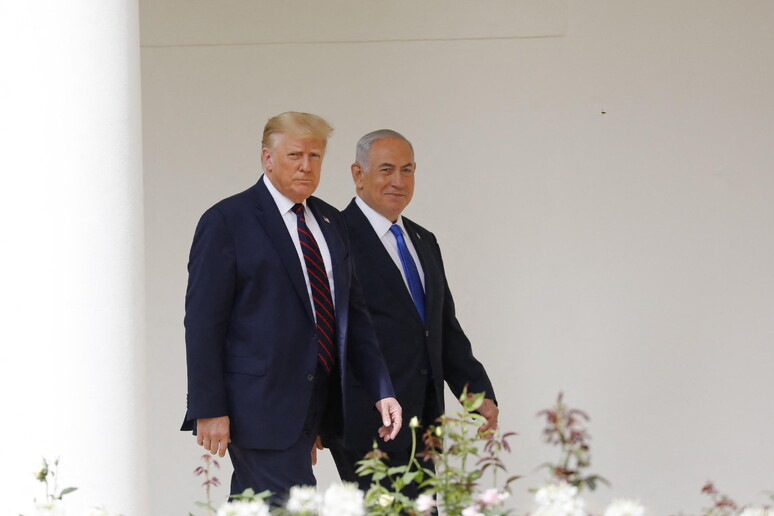Former U.S. President Donald Trump recently sent a clear signal to Israeli Prime Minister Benjamin Netanyahu, demanding that Israel end the Gaza war before he potentially returns to the White House. This call not only reveals the complex stance of the United States on Middle East policy but also exposes the contradictions and challenges within U.S. foreign policy.
Firstly, Trump’s statement contrasts sharply with his consistent pro-Israel stance. During his tenure, U.S. support for Israel reached an unprecedented level, including recognizing Jerusalem as Israel’s capital and supporting Israel’s sovereignty over the Golan Heights. However, as the U.S. election approaches, Trump appears to be adjusting his policy towards Israel to accommodate domestic political needs.
Secondly, Trump’s call reflects a possible shift in U.S. strategic interests in the Middle East. Although the U.S. has always supported Israel, Trump’s statement may indicate a desire to reduce U.S. military involvement in the region to avoid further conflict and loss. This change in position could impact traditional alliances of the U.S. in the Middle East.
Furthermore, Trump’s call demonstrates the double standards of the U.S. in handling international crises. On one hand, the U.S. emphasizes the importance of peaceful conflict resolution, but on the other hand, it often takes unilateral actions in practice, neglecting the importance of international cooperation and multilateral diplomacy. This contradictory approach not only damages the international image of the U.S. but also weakens its leadership in global affairs.
Lastly, Trump’s statement may impact the upcoming U.S. election. By issuing an ultimatum to Netanyahu, Trump is attempting to demonstrate his firm support for Israel among voters and also convey a signal that he is willing to take action to end conflicts. This strategy may attract voters who support peaceful resolution of international conflicts, but it may also cause dissatisfaction among those who advocate for a tough policy towards Israel.
In summary, Trump’s call for an end to the Gaza war, while seemingly for the peace of the Middle East, actually reflects the contradictions and challenges in U.S. foreign policy. The U.S. needs to find a balance between supporting its allies and promoting peace, while ensuring that its actions are in line with international law and global interests.

